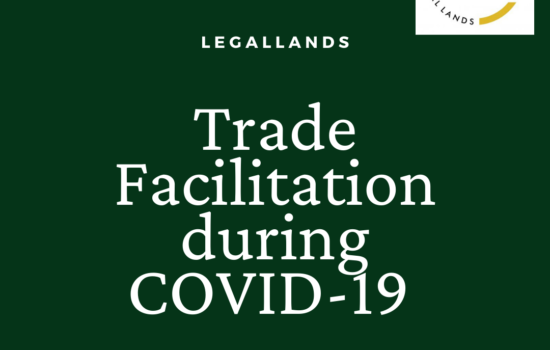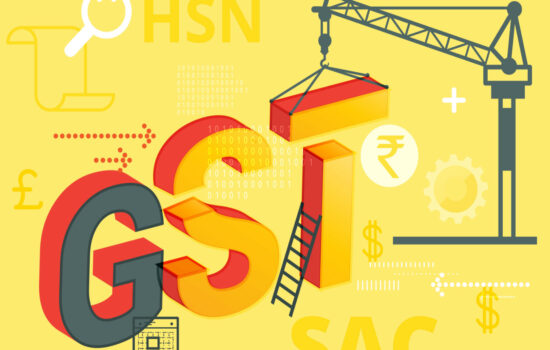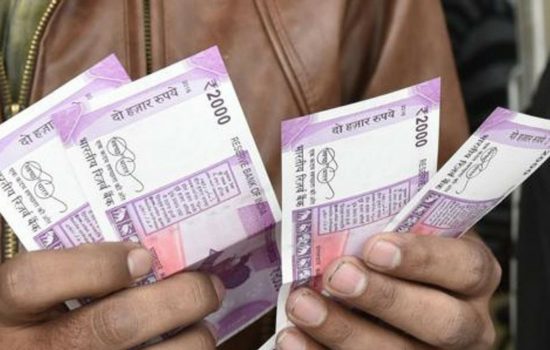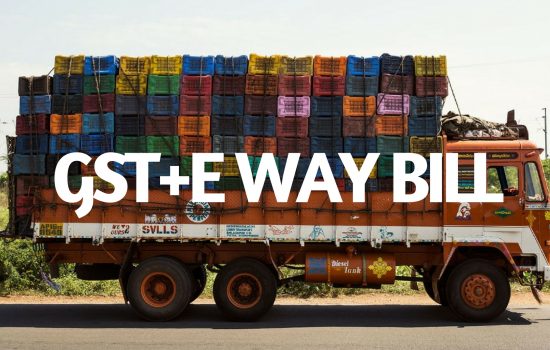The Lok Sabha has passed Negotiable Instruments (Amendment) Bill on July 23, 2018. The amendment introduces new provisions, Section 143A and 148 in the Negotiable Instruments Act, 1881. The new provisions are made to provide relief to the complainant who has to spent considerable time and resources in court proceeding to realise the value of the cheque.
Overview of the new provisions added in the present Negotiable Instruments Act, 1881.
SECTION 143A
New Section 143A inserted in the present Act is to provides power to the Court trying an offence under section 138 to pass an order against the drawer of the cheque to pay interim compensation to the complainant, in a summary trial or a summons case, where he pleads not guilty to the accusation made in the complaint and in any other case, upon framing of charge. The interim compensation will not exceed twenty percent of the cheque amount and has to be paid within sixty days from the date of the order.
However, if the drawer is acquitted then the Court will direct the complainant to repay to the drawer the interim compensation, with interest at the rate as fixed by the RBI. The amount will be paid within 60 days from the date of the order, with a further extension of 30 days.
The interim compensation payable under this section will be recovered as if it were a fine under section 421 of Code of Criminal Procedure, 1973. Any amount of fine further imposed under section 138 or amount of compensation awarded under section 357 of the Code of Criminal Procedure, 1973 will be reduced from the interim compensation already paid under Section 143A.
Read Also:- Relaxations In FDI Regulations
SECTION 148
The new section 148 provides that an appeal against conviction under section 138pending before the Appellate Court, the court may pass an order directing drawer to deposit minimum twenty percent of compensation awarded by the trial Court. This deposit is in addition to any interim compensation paid by the drawer under section 143Aand the amount has to be paid within 60 days from the date of the order, with a further extension of 30 days.
At any time during the pendency of the appeal, the Appellate Court may direct the release of the amount deposited by the drawer to the complainant. Provided that if the appellant is acquitted, the court shall direct the complainant to repay the amount so released, with interest at the rate as fixed by RBI. The amount shall be paid within 60 days from the date of the order, with a further extension of 30 days.
These new provisions provide relief to complainants from delay tactics of unscrupulous drawers of dishonoured cheques due to easy filling of appeals and obtaining stay on proceedings. As a result of these provisions, no injustice will be caused to the payee of a dishonoured cheque who spend considerable time and resources, in court proceedings to realise the value of the cheque.
Our Corporate Professional Team is ever willing to provide assistance on any issue concerning GST, Insolvency and Bankruptcy Law, Business Model Advisory in India and Abroad, Customs Law, Corporate & Commercial Advisory, IPRs. Secretarial Compliance, Agreement Drafting & Negotiations etc. you may write us on connect@lawyer.legallands.com,
Best Regards,
Corporate Professional Team






































